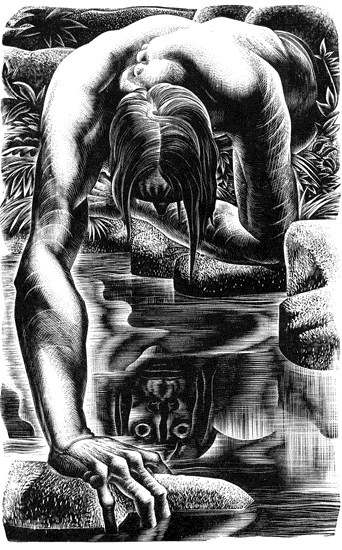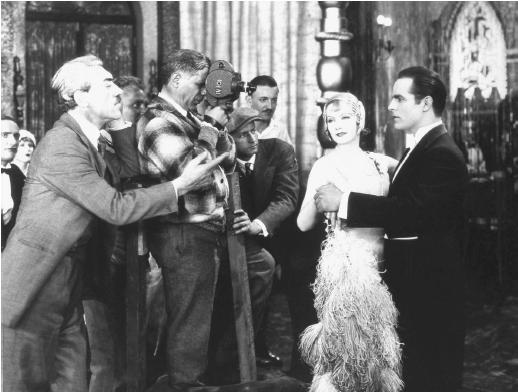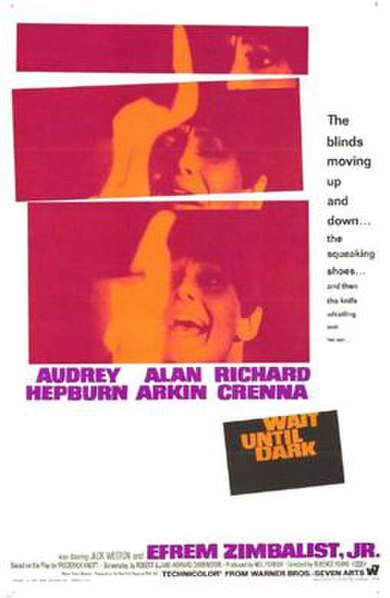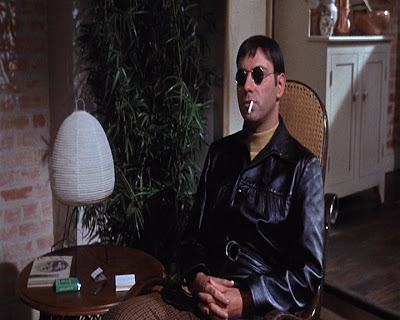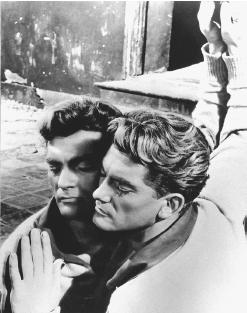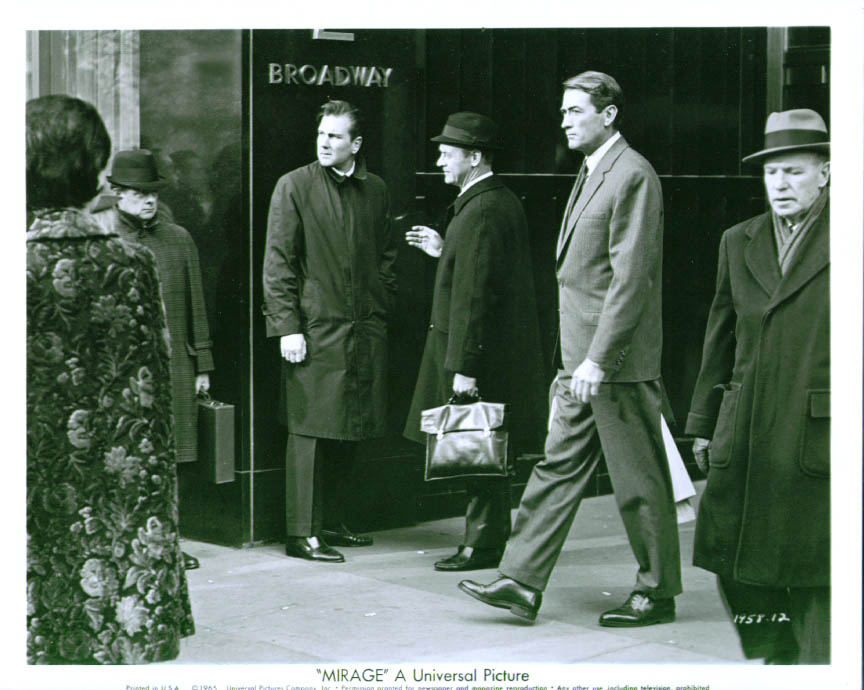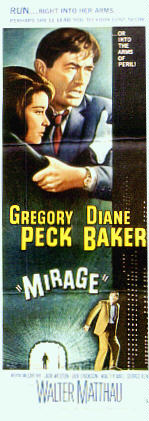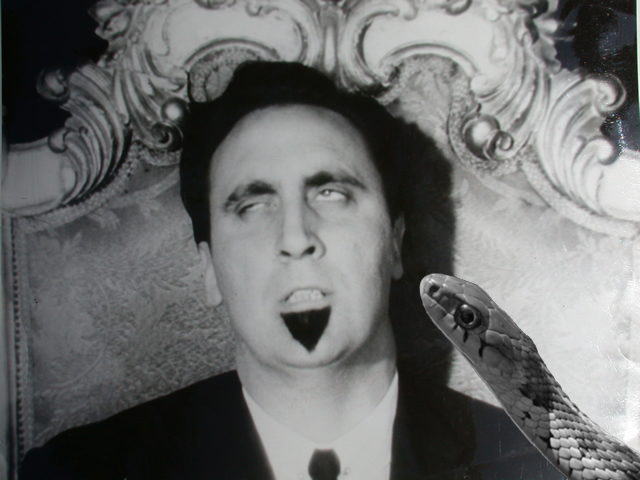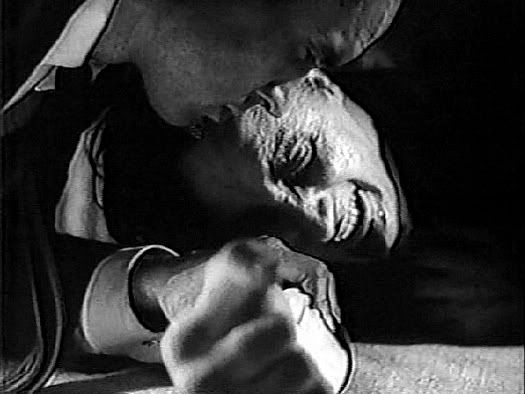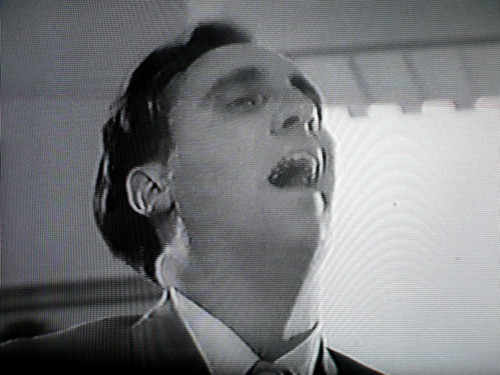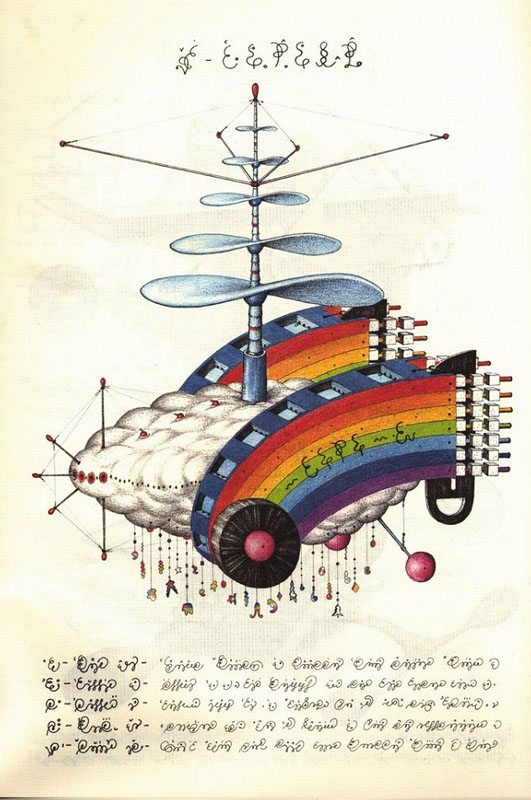Several moons ago, I began writing a story titled The Appalachian Journals. Over such time, decided to leave the remaining blank, unfinished, quiet, primarily unedited, dramatically-misguided, unable to keep the mental-pen (keyboard a-rumblin', think T. Monk, '65) from jamming into my brain, like an an excellent choice of holiday gifts in old-fashioned boxes, wrapped firmly, but strictly "unprepared." As blank as Laurence Stern? (who gets it?). Here are several equipped whipped words from this once "hungry story" of mine [started out on fire, has ceased to a frosted belltop]:
. . .My Great Grandfather's house caught fire 87 years ago today in the foothills of the Southern Appalachian mountains. Prior to these events, concerns had grown that the house was pleading for help (in more ways than one), that not only were the run-down remnants of the house's outer-siding hadn't been re-furnished in years and the roof had begun to decay and crumble, but it was also filled with what he phrased as "the cries of gulls." His slender hands, his cold and sagged face and the slow walk in which he had tripped upon one evening, as he fell into the basement only to be found the day after, was a solitary thought that seemed to blister his weary psyche'---the way a road block halts one from getting to their destination, having to take unfamiliar detours, slithering through mazes that strike with the equivalence of an oldened memory. That being said, I am not one to pay attention to those things that point to Ageist Language, nor am I a "pro" member of these proverbial parades of misunderstandings, but the reality of certain events are inevitable and to improvise around them is a form within itself, but I must conclude that any distinction between two "things" typically exists in the realms of one's own verbial air. As it turns out, my Great Grandfather, as he wrote sloppily in his journal making it difficult for me to read, had all of the necessary nuts and bolts readily available (pure intensity) in that once musically-syncopated mind of his, without needing to measure each thought with a dosage of over-evaluation (driving people up the wall in the process).
. . .The roaring of cockroaches in moist places, like my darkening-conscience these days. Tomorrow, the dim dew of Heavenly Morning in fine layers. No one ever frowns on a trampoline unless they fall off of it. This is how it was: I could have reached deep inside of my skull and twisted my memory into something less bouncy, syntactical-slants, this first day revealed to me a singe of regret. Should I be doing this, I thought. I gathered my entire Being and Undressed the dark for light but peeled out a medium-gray fog, instead.
Which, somehow, brings me to Lynd Ward (1905-1985). A brilliant woodcut artist (who also worked with "wood engraving, watercolor, oil, brush and ink, lithography and mezzotint") that illustrated around "200 juvenile and adult books." His many works include Frankenstein, which is a truly stunning illustrative-masterpiece, that was originally printed in the 1934 edition of Mary Shelley's novel.

1934 edition of Frankenstein, illustrated by Lynd Ward
Here are several:
Searching images for Lynd Ward's illustrations is also quite rewarding. Here.
As stated:
(...)
Ward's woodcuts illustrated a 1934 edition of Frankenstein, published in New York by Harrison Smith and Robert Haas. These are outstanding, not only for excellence and power of design, but especially for insights into a disturbing and powerfully poetic work.
More than any other illustrator, Ward grasped the ambivalence with which the author of Frankenstein, Percy Bysshe Shelley***, portrayed the “monster” (also called “Being”, “creature”, “fiend”, “demon”, “wretch”, and “devil”). As seen by Lynd Ward, the Being is both pathetic and terrifying; his body is both athletic and deformed. You can pity him, sympathize and even identify with him, without quite wishing to hold his hand or let him cry on your shoulder.
